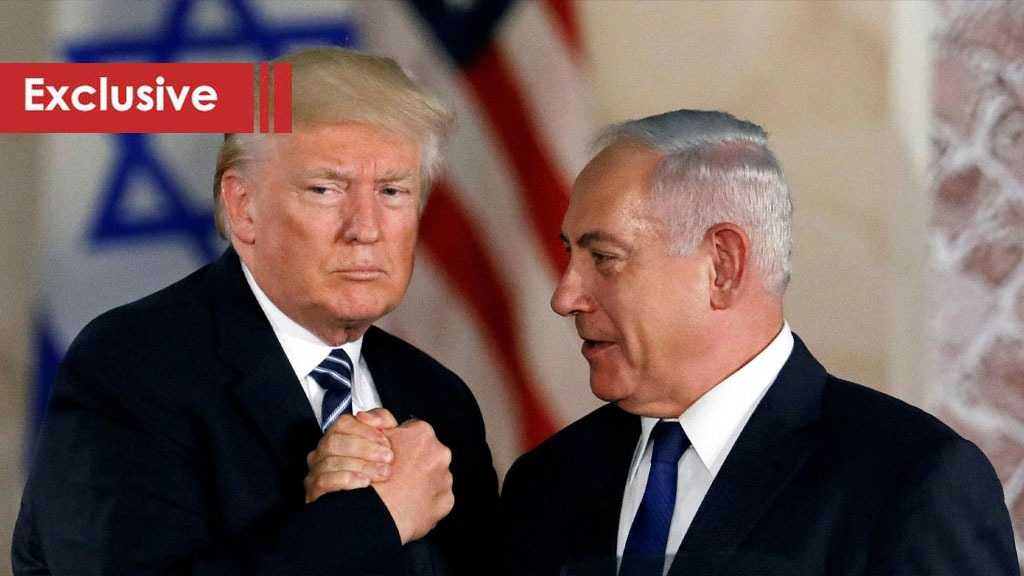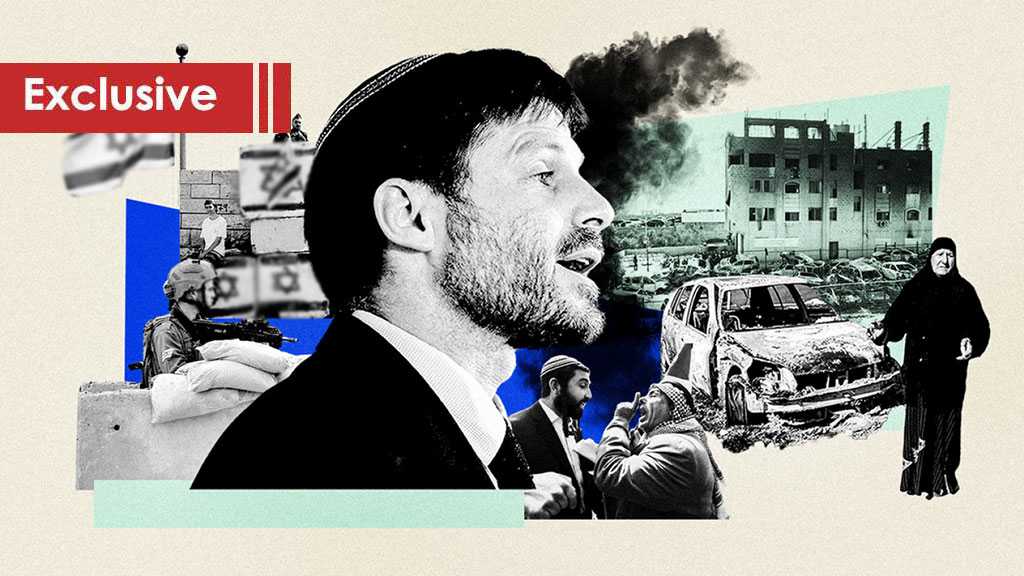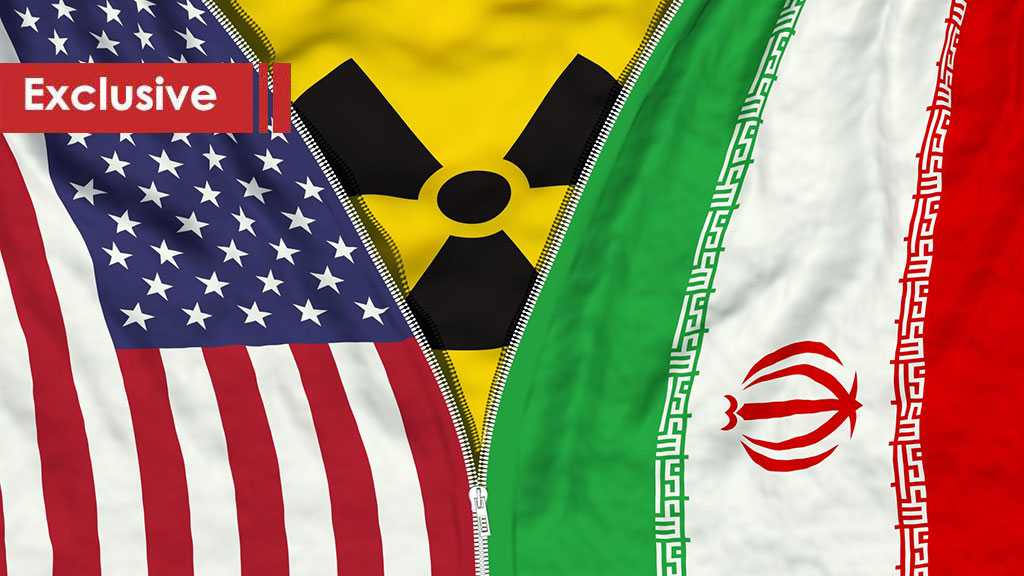
Palestinians’ Olive Cries… Settlers Uproot over 8,000 Trees
West Bank, al-Intiqad
On October 9, farmer Ibrahim Salah headed from Fara'ta Village, west of Nablus in the north of the West Bank to his land. Having planned to pick some olives, farmer Salah was shocked to find all olives picked and all trees uprooted. It was the work of the settlers of "Hat Gilead Settlement". The settlement had been set on ravished neighboring lands. "This is not the first time the settlers assail us. But this is the first time they steal the crops this way," Salah told "al-Intiqad".
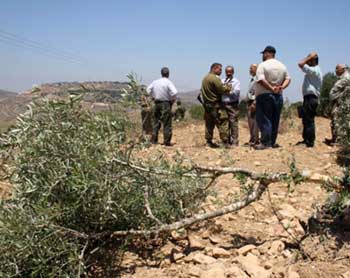
"The settlers would beat us up and threaten us as we picked our crops," Salah continued, "In some years they axed a part of the trees in the neighboring lands."
Salah, as well as other farmers in that region, is prohibited from making it to his land without coordinating with the "Israeli" military. "Israel" claims that is a region with enclosed military lands since it lies near "Hat Gilead Settlement"; still the settlers assail the Palestinian farmers while the occupation military covers them up.
In comparison with the earlier years, the settlers' aggressions have been the harshest this olive-picking season.
A law institution documenting these aggressions reported, "We have so far recorded 450 incidents of harming olive trees or uprooting them. Over 8,000 olive trees have been harmed. Tens of farmers have been injured during settlers' attacks."
Settlers Assail Farmer Groups...
Head of "the Committee on West Bank Settlement" Ghassan Daghles says, "Last mid-September, the settlers anticipated the olive-picking season to attack. The settlers exploited the farmers' work to assail them."
"Settlers have been assailing famer groups every day," Daghles continues, "More than 87 critical points of contact with the occupation settlements exist in the West Bank. Most of those points are located in the north of the West Bank, near the Separation Barrier."
You're Not Alone
To face these aggressions, the committees on settlement resistance have coordinated campaigns with agricultural and local committees. The campaigns' aim is to help the farmers confront the aggressions they're suffering in the critical points of contact. Coordinator for "You're Not Alone" Campaign Salah el-Khawaja says, "To help farmers pick their olives, we first coordinated work with the Agriculture Ministry, which declared the ninth of this month a day to begin picking olives in the places near the "Separation Barrier" and the settlements."
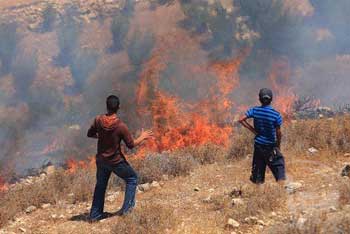
Now el-Khawaja points out that hundreds of foreign consolidators have begun arriving in the occupied regions to help the farmers. Some consolidators reached regions north of the West Bank and west of Ramallah. Activists, foreign consolidators, also volunteers from schools, colleges, and local youth centers, are cooperating with "You're Not Alone" campaign, el-Khawaja adds.
"Recently, the "Israeli" newspapers have declared news on 1600 armed "Israelis" abiding by the orders of settlement committees in the settlements near the Palestinian towns. It looks like they've declared war on the farmers," el-Khawaja concludes.
Land Janitors...
For his part, activist on agricultural relief Khaled Mansour believes, "The assistance campaigns helping farmers replant olives are quite important. But these measures are not enough to deter the settlers from protecting the farmers. To help the farmers, the authorities must act effectively rather than merely slam the aggressions."
Mansour adds, "Four years ago, we asked the government to reconsider the proposal on "Land Janitors": hiring a group of security-systems youth to guard towns. If settlers attack the farmers' olives, then the janitors issue an early alarm. Amid this dreadful war of settlers, the authorities must declare they won't continue coordinating with the occupation as long as the "Israeli" military covers up the settlers' assails."
Mansour then calls on the world "to hold responsibility as to applying "the Geneva Conventions" for protecting civilians and ensuring their right of well-living. The "Israeli" elections are coming soon, and the rate of such aggressions is certainly going to be higher."
Mansour finally points out, "If these aggressions continue, then the Palestinian regions will explode. The Palestinian people can't take it anymore. They are being harassed at home and land and obstructed from making their livings. Now they are eager to revolt against the occupation."
Comments
